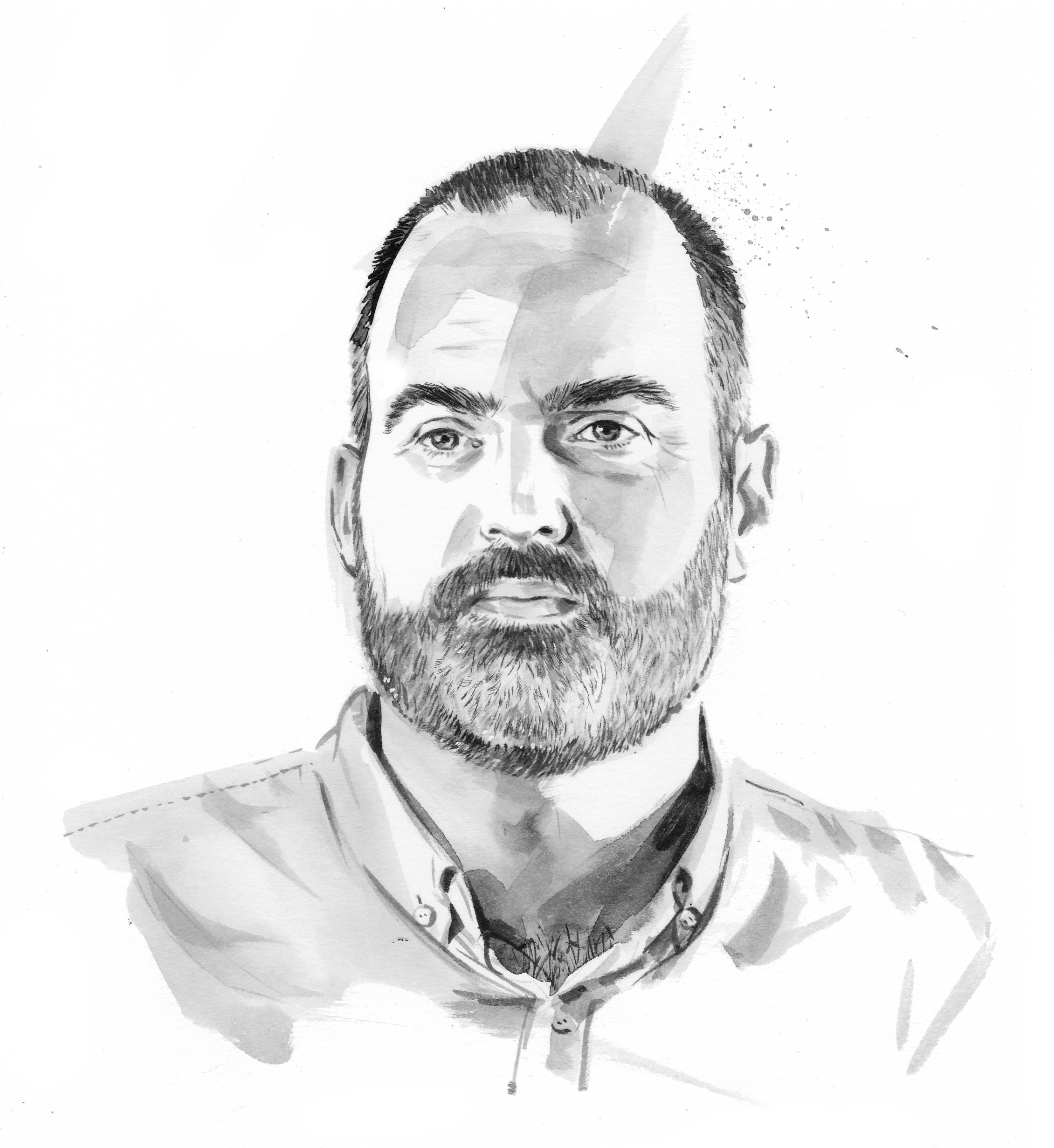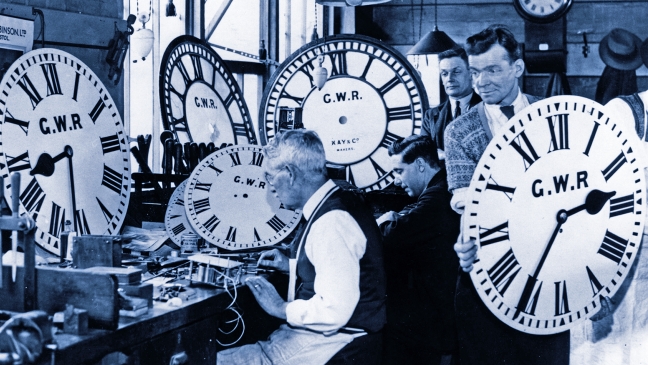The interest and impetus for using research evidence in education shows no sign of slowing down. And yet, as tired teachers crawl to the end of a manic school year, do they have the energy to engage with evidence? More importantly, should they be expected to?
In 2018, the OECD Teaching and Learning International Survey (TALIS) found that the weekly workload of teachers in England was a whopping 49.3 hours, compared with 41 hours in other international settings.
While we don’t quite know the full impact of the pandemic on teachers’ workload and practices, if there was a drop in working hours and related efforts, it would be a massive shock.
So, with so much time already allocated, any additional tasks are unviable. And the truth is, teachers have no more discretionary effort to give. A few highly engaged teachers may fill the corners of their evenings reading niche research studies, or undertaking a national qualification or master’s degree, but most teachers will not have the bandwidth to engage with research evidence outside of the school gates.
And yet, I have personally seen that reflecting on, and engaging with, research can have great value in steering more effective and efficient decision-making and classroom practice.
So what’s the solution?
To begin with, we need to recognise that engaging with research evidence should not be seen as an extraneous “nice-to-have” activity bolted on to the end of the school day.
Put simply, if we don’t set aside the time to access research evidence in the weekly workload of teachers, then we’ll continue to reinvent teaching and learning wheels and waste the precious energy of busy colleagues.
Engaging with evidence needs to be baked into school systems, such as professional development. The aforementioned TALIS survey shows that teachers want and value high-quality professional development. A whopping 82 per cent of teachers report their professional development has a positive impact on their practice. This is the ideal vehicle to systematise engaging with evidence, but in many schools, it still hasn’t happened yet.
More from Alex Quigley:
Even with meaningful training time, research evidence needs to be aligned to teachers’ needs and relevant to their practice. To be both acceptable and actionable to busy teachers, it needs distilling and it needs to come with tools that nudge practical next steps.
School leaders do have a role to play here - they need to undertake national training programmes or access conferences with insights from the latest research.
However, that alone isn’t enough. If teachers are only ever engaging with research evidence through the narrowed lens of their school leaders, they are more prone to not fully engage, not fully understand the nuances, and they are less likely to sustain any hard thinking on the evidence, especially if it clashes with their hard-won habits in the classroom.
Ultimately, then, the solution lies in paying more attention to the real experiences of teachers.
The research revolution continues apace. It is full of promise and worth our time and energy. But the revolution won’t truly amount to anything unless policymakers and research leads can put themselves in the shoes of busy teachers, on full timetables, working 50-plus hours a week.
Alex Quigley is the national content manager at the Education Endowment Foundation. He is a former teacher and the author of Closing the Reading Gap, published by Routledge





